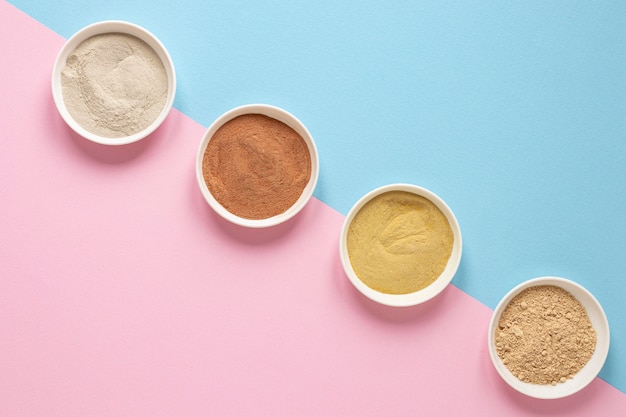For runners balancing intense training with demanding work schedules, recovery is just as important as the miles logged. And one key factor in recovery? Sleep. But did you know your post-run protein choice might be affecting how well you sleep?
With plant and whey protein dominating the supplement aisle, it’s time to look beyond muscle repair and examine which one supports better sleep—especially for active individuals. Let’s break down the science, compare the benefits, and provide actionable steps to improve your sleep through smarter protein choices.
Protein isn’t just about building muscle. It plays a crucial role in synthesizing neurotransmitters like serotonin and melatonin—both essential for regulating sleep. The type of protein you consume, especially in the evening, can influence your sleep quality.
Recent research suggests that plant protein sources may support better sleep compared to animal-based proteins. Diets higher in plant protein have been linked to improved sleep duration and quality, while high intake of meat-based protein (including whey) may disrupt restful sleep patterns.

Plant proteins—such as those derived from peas, rice, hemp, and soy—contain amino acids like tryptophan, which is a precursor to melatonin. They also come packaged with fiber, antioxidants, and anti-inflammatory compounds that support overall recovery.
Whey protein is a complete protein with a high biological value, making it excellent for post-workout muscle synthesis. It’s fast-digesting and rich in branched-chain amino acids (BCAAs), ideal for recovery right after a run.
However, whey is derived from milk and may cause digestive discomfort in some—especially when consumed close to bedtime. Additionally, dairy-based proteins have been associated with more fragmented sleep in certain studies, possibly due to fat content or individual sensitivities.
For runners, whey is best used earlier in the day—not right before sleep—to maximize muscle repair without compromising rest.

Here’s how runners can optimize protein intake for both performance and sleep:
Improving sleep isn’t just about feeling rested—it’s measurable. Use these simple checks over a 4-week period:
Consider using a sleep tracker or journal to log patterns. Consistency over time reveals real progress.
There’s no one-size-fits-all answer. Whey protein excels in post-run recovery, while plant protein may offer long-term advantages for sleep and digestive wellness—especially for runners with dietary sensitivities.
The key is timing and personalization. Use whey when you need fast absorption, and switch to plant-based options in the evening to support restful sleep. This balanced strategy aligns with Work-Life Wellness: fueling performance without sacrificing recovery.
By making mindful protein choices, runners can enhance both their training outcomes and their sleep—two pillars of sustainable fitness and well-being.

Wellness

Wellness

Wellness

Wellness

Fitness

Wellness

Wellness

Wellness

Fitness

Wellness

Fitness

Fitness

Health

Fitness

Health

Health